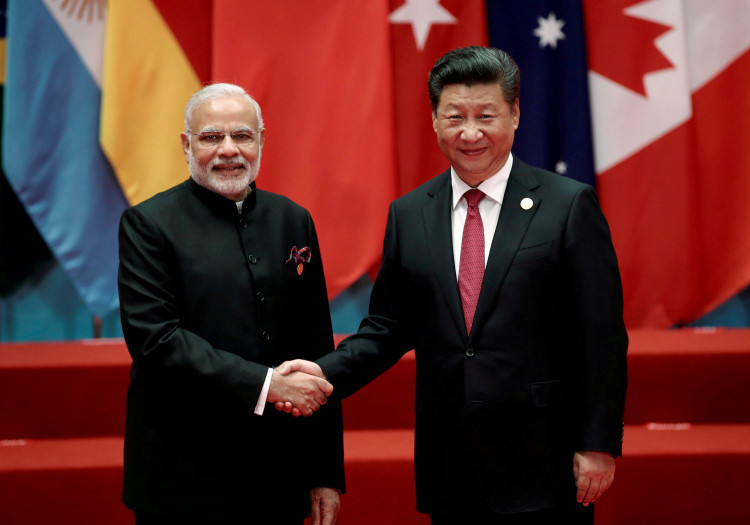U.S. President Joe Biden and Indian Prime Minister Narendra Modi pledged "close cooperation to promote a free and open Indo-Pacific" in a phone call on Monday, but a U.S. chat with the leader of the world's other billion-plus population country has yet to take place.
The phone call took place at a time when both the U.S. and India have strained relations with China, and are navigating dialogue options with Chinese President Xi Jinping over issues such as trade and disputes like the South China Sea for the new U.S. administration, and a tense Himalayan border standoff for New Delhi and Beijing.
Modi, in a tweet, sent his best wishes to the new U.S. president, adding that he and Biden were "committed to a rules-based international order."
Biden follows a volatile U.S.-China relationship by former U.S. president Donald Trump who launched a. trade war with Beijing that is expected to remain in place for now as the U.S. explores diplomatic options.
Last week, Biden clarified that there was no particular reason why a phone call with Xi has not happened yet. The former U.S. vice president under Barack Obama said he just "haven't had occasion to talk" to Xi so far.
Biden added that he has "probably spent more time" with Xi than any other world leader during his tenure as the 47th U.S. vice president. Biden has made it clear that he will not approach China the way Trump did. He said he is determined to avoid "conflict," while acknowledging that there will be "extreme competition."
Since taking office last month, Biden has spoken with multiple world leaders, including British Prime Minister Boris Johnson and Canadian Prime Minister Justin Trudeau in a stated aim to repair ties with allied nations.
Biden has also spoken with Russian President Vladimir Putin and agreed to extend a nuclear arms control pact known as New START that was set to expire.





